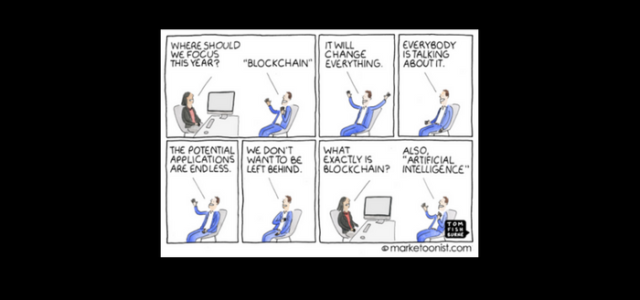A recent Forbes article highlights how today’s customers show a clear preference towards receiving an efficient experience that is distinguished by automation and algorithms when the tasks involved don’t require the warmth of the human interaction. From IBM’s Watson, the famous AI engine, to Go Moment‘s Ivy (powered by Watson), Artificial intelligence (AI) is bound to cause sweeping changes to hospitality, and, of course, customer experience.
Ivy is an AI-driven system that works without any human intervention and can handle 90% of hotel guests’ requests in real time. The brains behind Ivy is Raj Singh, CEO and President of Go Moment. Coming from a hospitality background, he wanted to automate some of the most common challenges that present themselves in hospitality while also bringing the guests closer to the brand. So, when he found out that IBM was funding startups to develop cognitive applications powered by Watson, he saw an opportunity he couldn’t afford to miss.
So, now, when you check-in at the hotel where the Ivy platform is used, there is a front desk attendant that asks you to provide your mobile number (if you haven’t put it in your reservation form) and when you get to your room, you get a welcome message from Ivy that says “[Guest’s name] welcome to W Los Angeles” and asks you to rate your room, ask for a bottle of wine, more towels or note a complaint, etc. Then, Ivy dispatches the request (if any) to the corresponding department using Watson categorisation. In the case of a problem, Ivy responds with an apology message and also lets the right person know about it. Now, if a guest is, for some reason, very upset (Ivy is programmed to identify negative words that show dislike), Ivy dispatches a human immediately, so the guest has personal attention.
Most of the time, Ivy is called to deliver answers based on the most commonly-asked questions. For instance, if you want the WiFi password, you will get an reply without the involvement of any human or distracting the front desk from the guests that have just arrived and are waiting to check-in. That way, all guests are always given the proper attention and have the hotel’s resources ready for use when they need it. And, the best part of it all is that Ivy can decode numerous ways a guest can ask for something (i.e. How do I get on the Internet? What’s the wireless password?) and detect the intention behind the words.
When creating Ivy, its creators had to take into consideration all the particular issues that come up at every client’s hotel (approx. 1,400 overall). Singh believes that 50% of these issues, which comprise the majority of the things that come up, can be handled by automated responses as they don’t ask for human judgment. But, the question that arises is “What happens if the organisation makes an emotionally-charged mistake when handling issues that require human judgment?” Could Ivy’s ability to respond to the majority of issues that come up make its developers deploy “her” to act as if she were a human? This could potentially alienate guests.
According to her creators, this won’t be the case. You can think of platforms such as Ivy as engines that monitor client/guest satisfaction in real time, which can never be a bad thing. If a guest is having a bad experience, you will know (not after the checkout) so you can attend to it and provide a solution to the problem. That aside, such systems are designed to give you 10 times more insight (you can get feedback from 1/3 of your guests in 20 mins after check in) at a fraction of the time you would normally need. That way, you can rest assured that your guests are satisfied, and you will only be seeing positive reviews and feedback on TripAdvisor!
However, outside hospitality, Watson-powered systems are believed to be of great use to other industries and Singh says the world’s largest retail stores, airports, and airlines have already showed particular interest in embracing their future with Ivy’s functionality.
James Leighton Davis is a Customer Acquisition Consultant and Interim Digital Director / CMO / CDO / CCO, primarily for PE-and-VC-backed companies across B2C, B2B and D2C markets.
Article by channel:
Everything you need to know about Digital Transformation
The best articles, news and events direct to your inbox
Read more articles tagged: Featured






